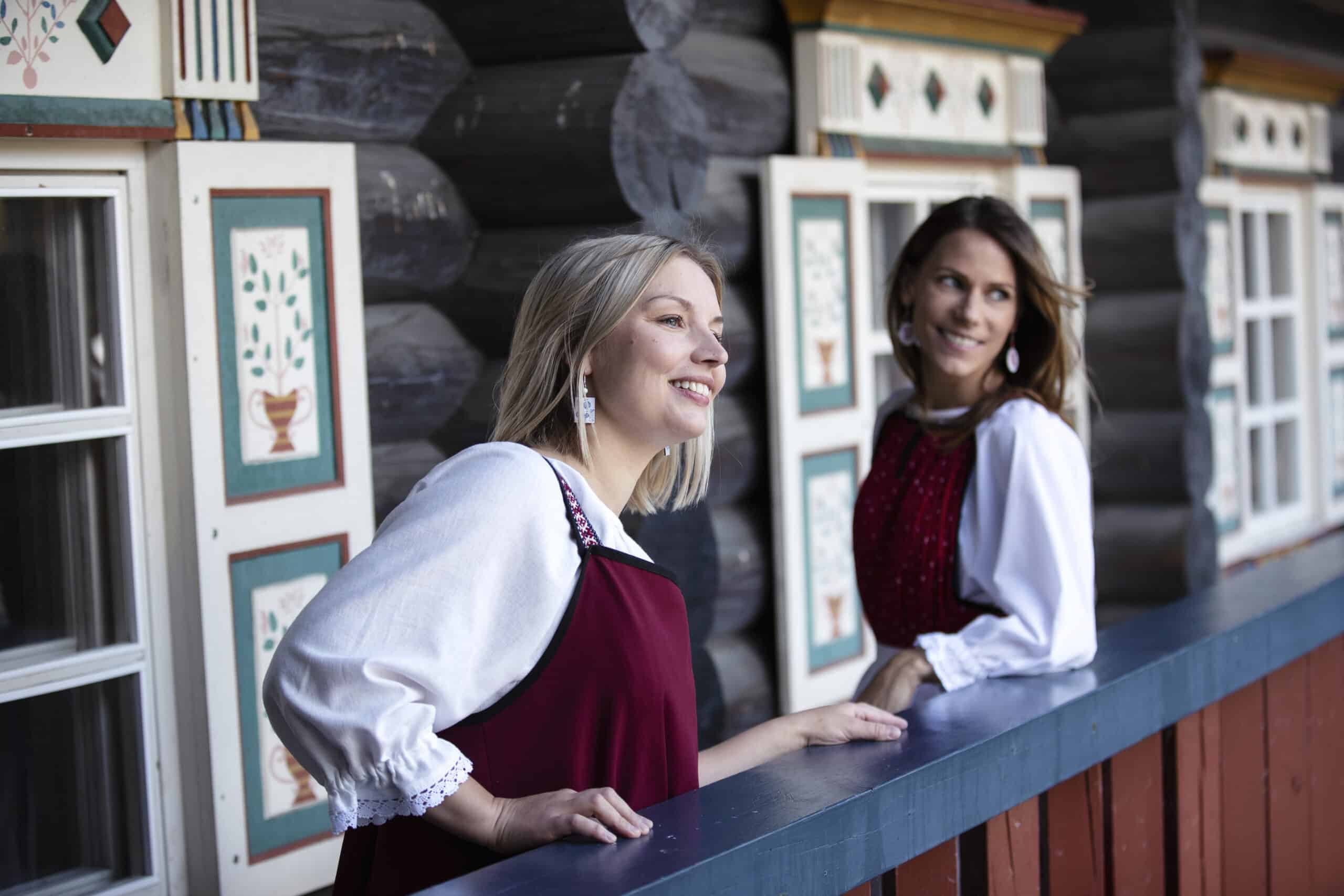Lakeland Finland offers a wide range of exciting destinations for culture-loving travellers. In addition to visiting interesting museums on various topics, you can watch glassblowers at work, visit a secluded monastery or one of the most beautiful wooden churches in Finland.
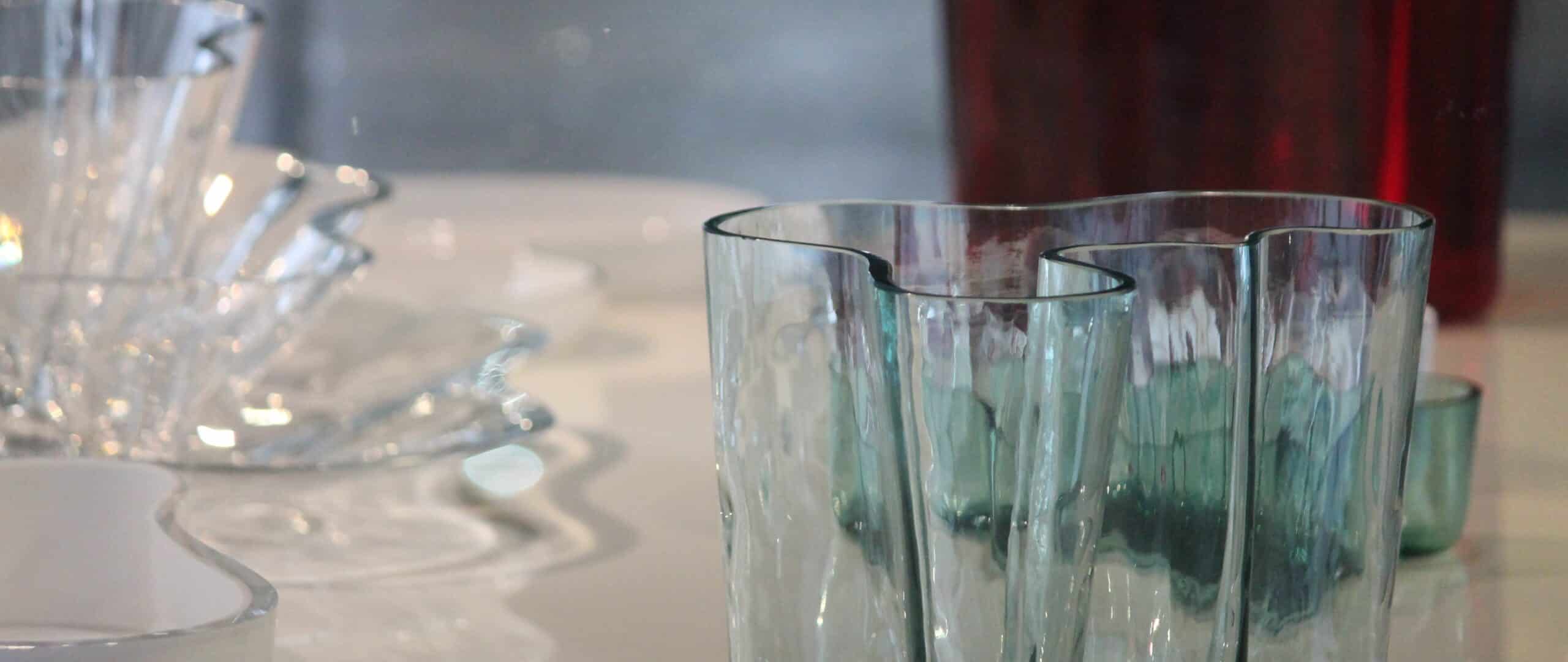
1. The Iittala Glass Factory in the Häme region
When the Iittala Glass Factory was founded in the village of Iittala in 1881, no one could have imagined what a worldwide success story would unfold here. To this day, probably the most famous Finnish glass design object, Alvar Aalto’s Aalto or Savoy vase, is produced in the Iittala Glass Factory. And you can watch the talented glassblowers at work. Guided tours can be booked in advance.
More about the Iittala Glass Factory ↗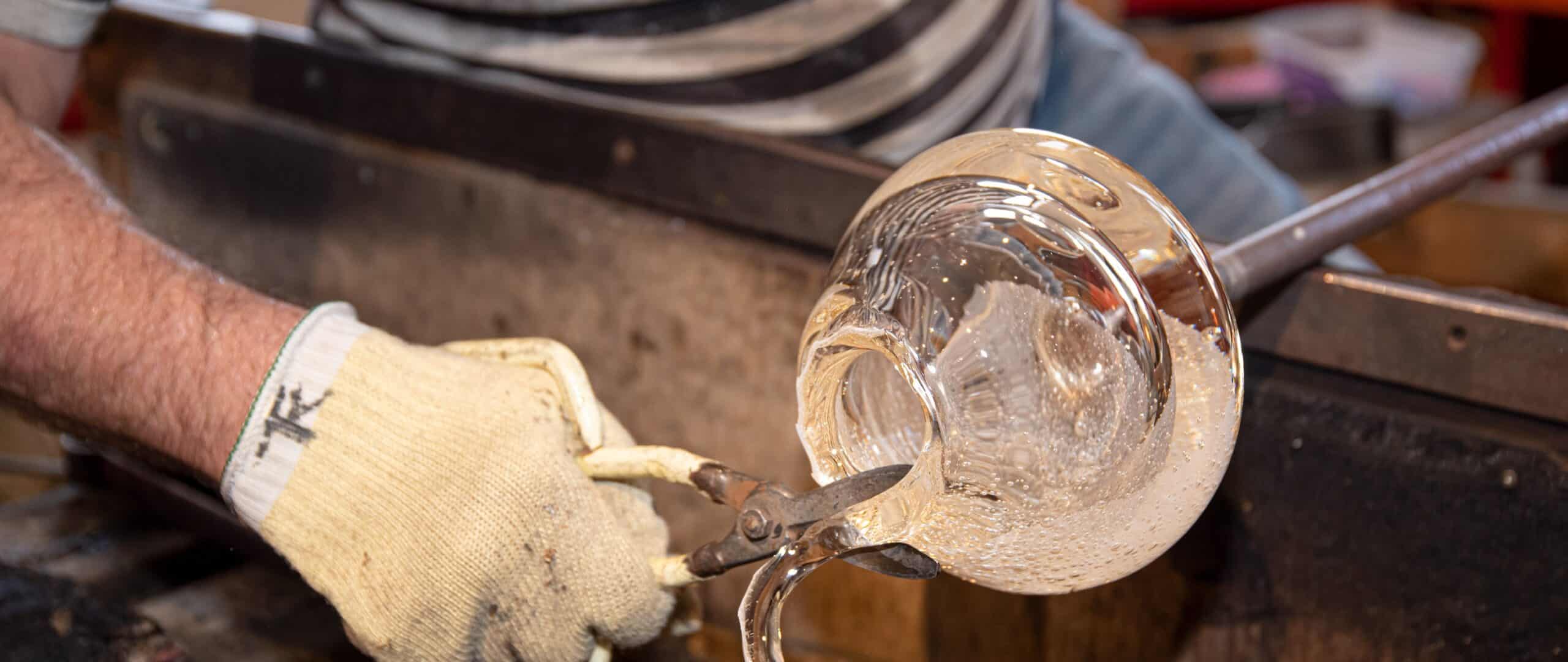
2. The Finnish Glass Museum in Riihimäki
If you want to learn more about the history of glassmaking, you can visit the Finnish Glass Museum in Riihimäki in the Häme region. The museum was opened in 1981 in a renovated glassworks in Riihimäki. It provides insights into the more than 4,000-year-old history of glass and the 300-year history of the Finnish glass industry. Changing exhibitions are shown in the old glassblowing rooms.
More about the Finnish Glass Museum ↗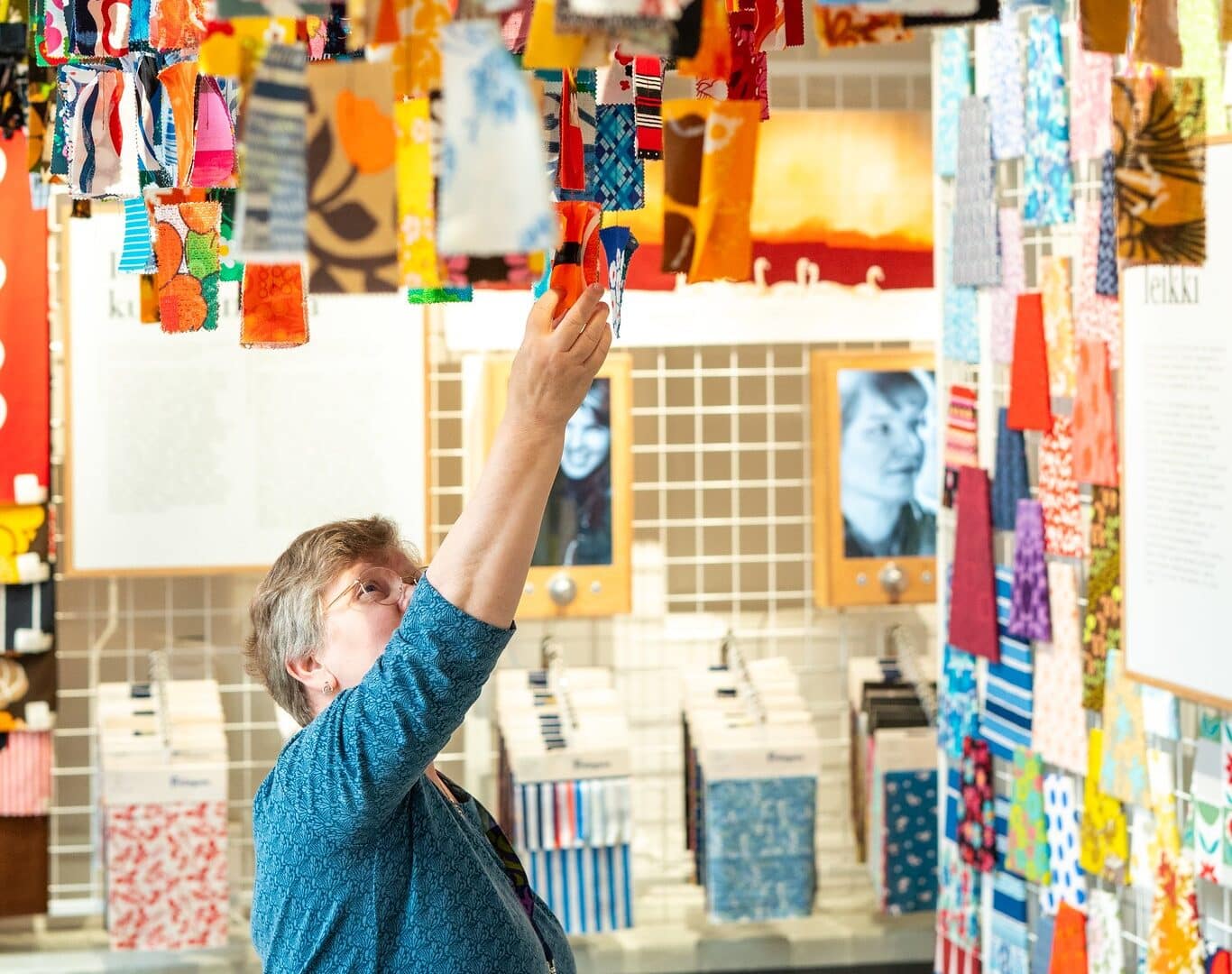
3. Forssa Museum and Pattern Centre
The history of Finnish textile printing comes alive in the Pattern Centre (“Kuosikeskus”) of the Forssa Museum in the small town of Forssa in Häme. The exhibition, which invites visitors to touch, feel and try out, vividly tells the story of Forssa’s development into the centre of textile printing in Finland. Finlayson’s colourful patterns played a key role in this, conquering the world in the form of stripes and flowers, for example. Small souvenirs can be purchased in the museum shop.
More about Forssa Museum ↗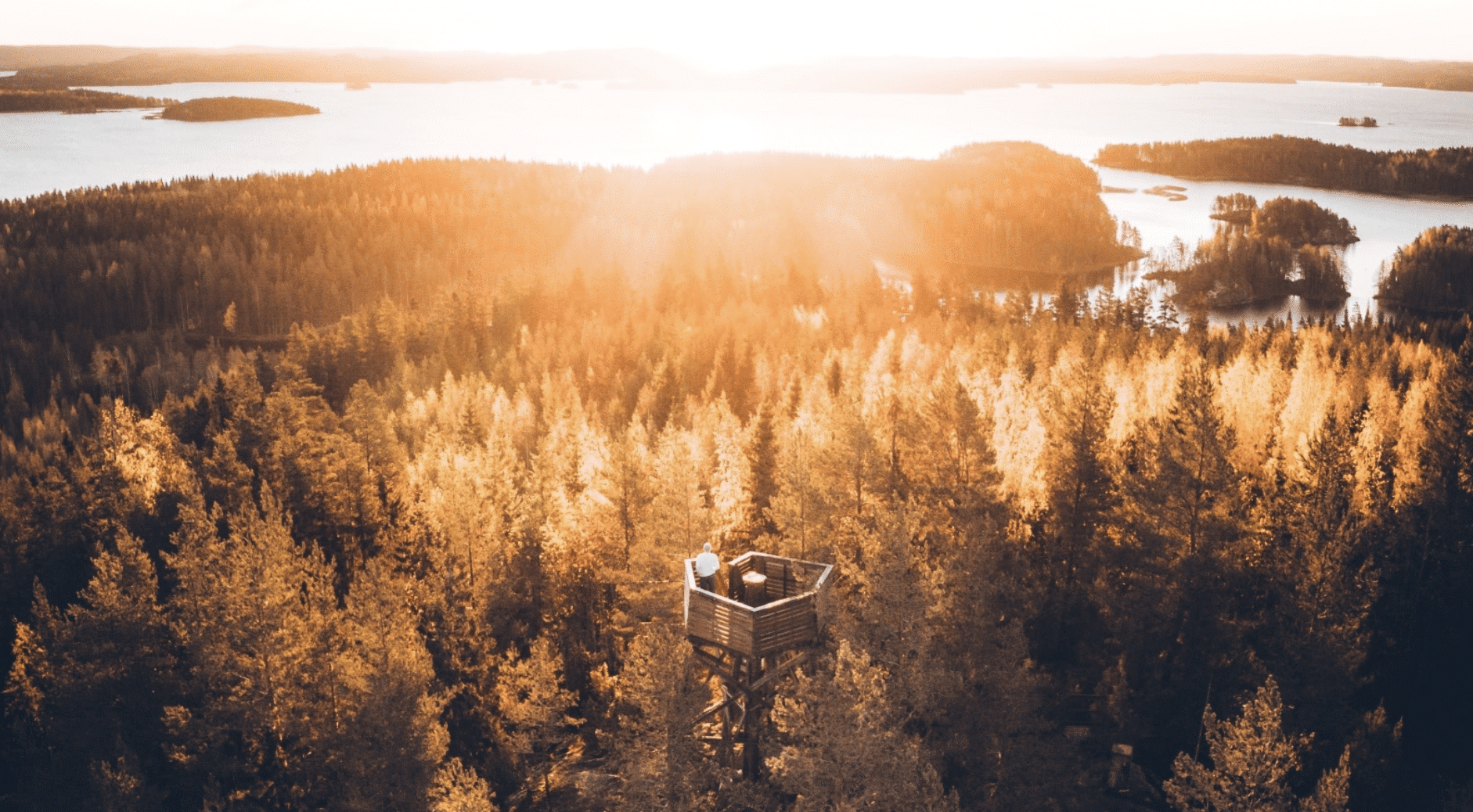
4. Struve Geodetic Arc: Oravivuori Arc Point
Oravivuori Arc Point in the Jyväskylä Region in the heart of Lakeland Finland is a measuring point of the Struve Geodetic Arc, part of the UNESCO World Heritage List. The Struve Geodetic Arc, which is over 2,820 kilometres long, was laid out with the aim of determining the size and shape of the earth. Located on the top of Oravivuori hill, the point of the Struve Arc Puolakka offers you a magnificent view of Lake Päijänne from its triangulation tower. A nature trail about one kilometre long leads to the tower.
More about the Oravivuori Arc Point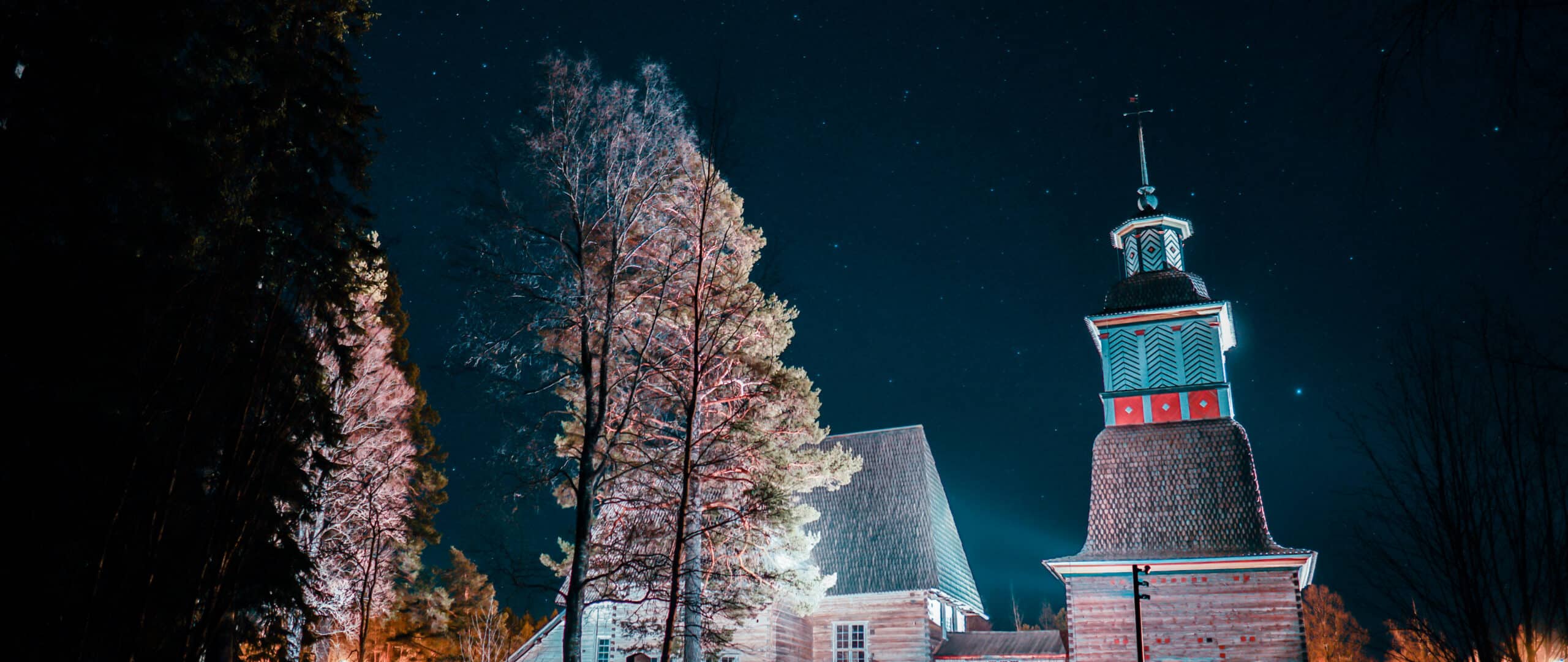
5. UNESCO World Heritage Site Petäjävesi Old Church
Petäjävesi Old Church in the Jyväskylä Region is a pearl of Lakeland Finland. It gained inclusion in UNESCO’s world heritage list as a prime example of northern wooden architecture in 1994. With its log construction, the church building, idyllically situated on the shore of a lake and built between 1763 and 1765, is representative of Scandinavian Lutheran church architecture and traditional log building.
More about Petäjävesi Old Church ↗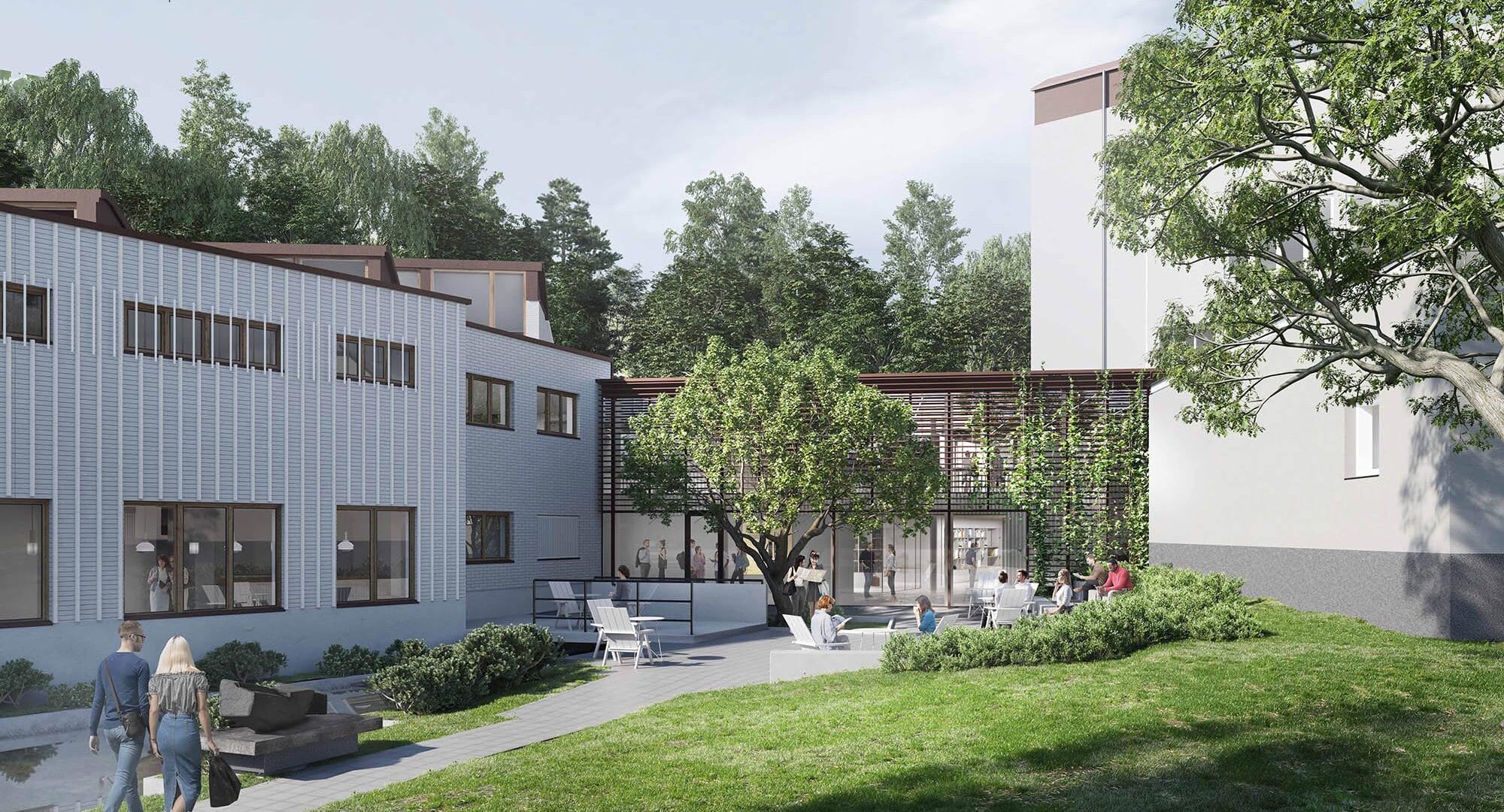
6. Aalto2 Museum Centre in Jyväskylä
With Aalto2, the city of Jyväskylä has a magnificent museum centre for architecture, design and cultural heritage since May 2023. A new, elegant connecting wing will from now on unite two buildings designed by star architect Alvar Aalto, the Museum of Central Finland and the Alvar Aalto Museum. This way you can experience the history of Central Finland as well as the exciting world of Alvar Aalto’s architecture and design under one roof.
More about Aalto2 ↗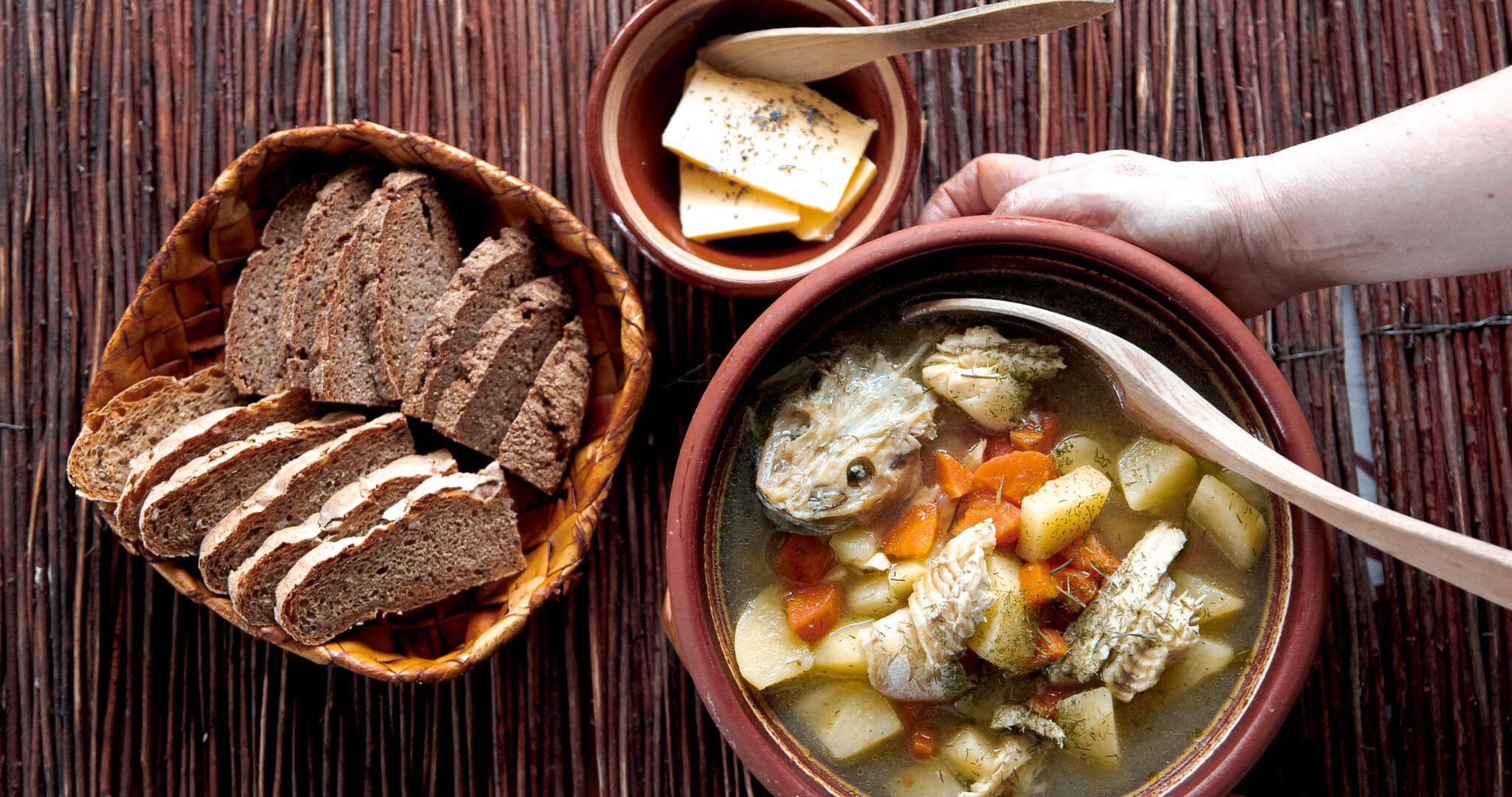
7. Parppeinvaara Rune Singer’s Village in Ilomantsi
In the east of Lakeland Finland, in Ilomantsi in North Karelia, the Parppeinvaara Rune Singer’s Village welcomes you. Here you can experience Karelian culture with all your senses. You can admire handicrafts, listen to traditional kantele music in the Rune Singer’s House, get an insight into the history of war in the Border General´s Cabin, visit the Orthodox chapel and the Mesikkä Animal Museum. At the Restaurant Parppeinpirtti you can please your palate with specialities of Karelian cuisine.
More about Parppeinvaara Rune Singer’s Village ↗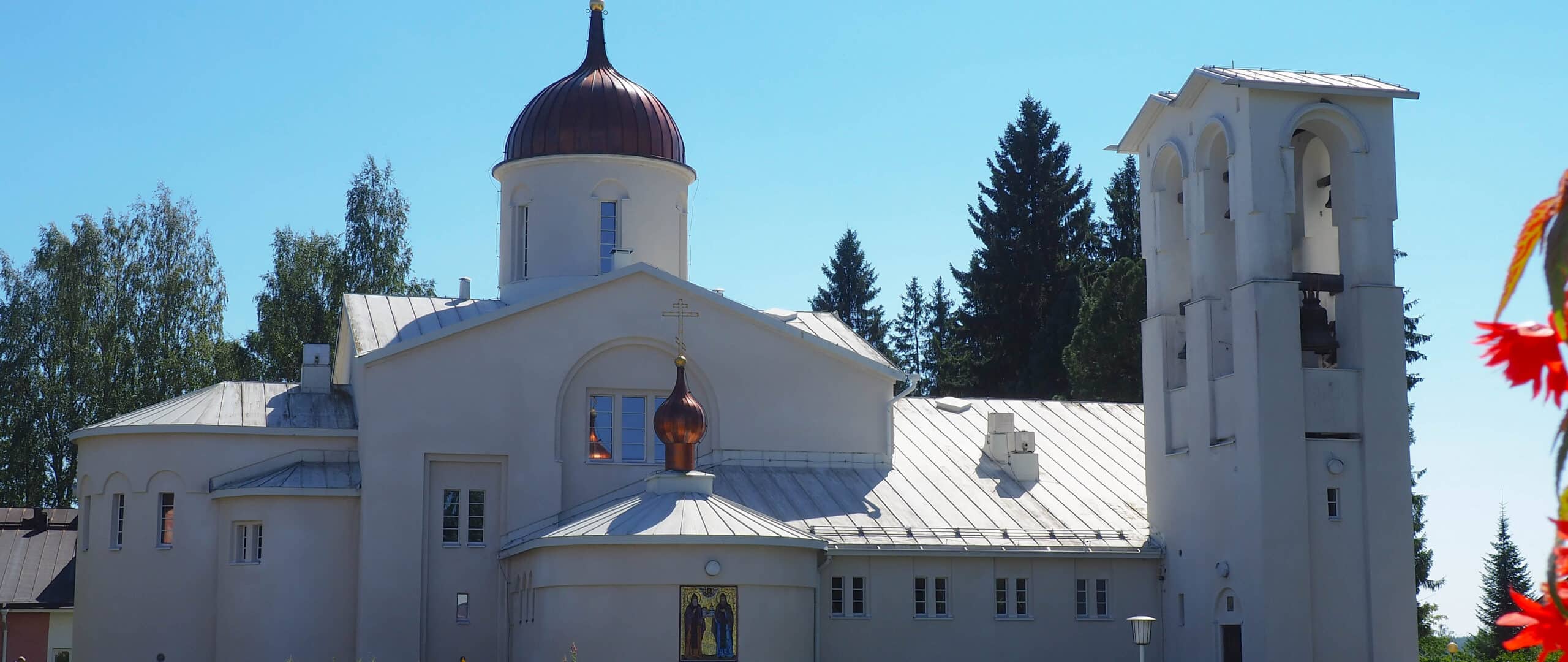
8. Valamo Monastery in Heinävesi
Nestled in a pristine, peaceful landscape of forests and lakes, Valamo Monastery in Heinävesi is a place of silence and contemplation. At the same time, it is an active centre of Orthodox religious life and culture in Finland. Visitors are welcome all year round. Far away from the hustle and bustle of everyday life, you can find peace and quiet here. Overnight stays at the monastery are possible.
More about Valamo Monastery ↗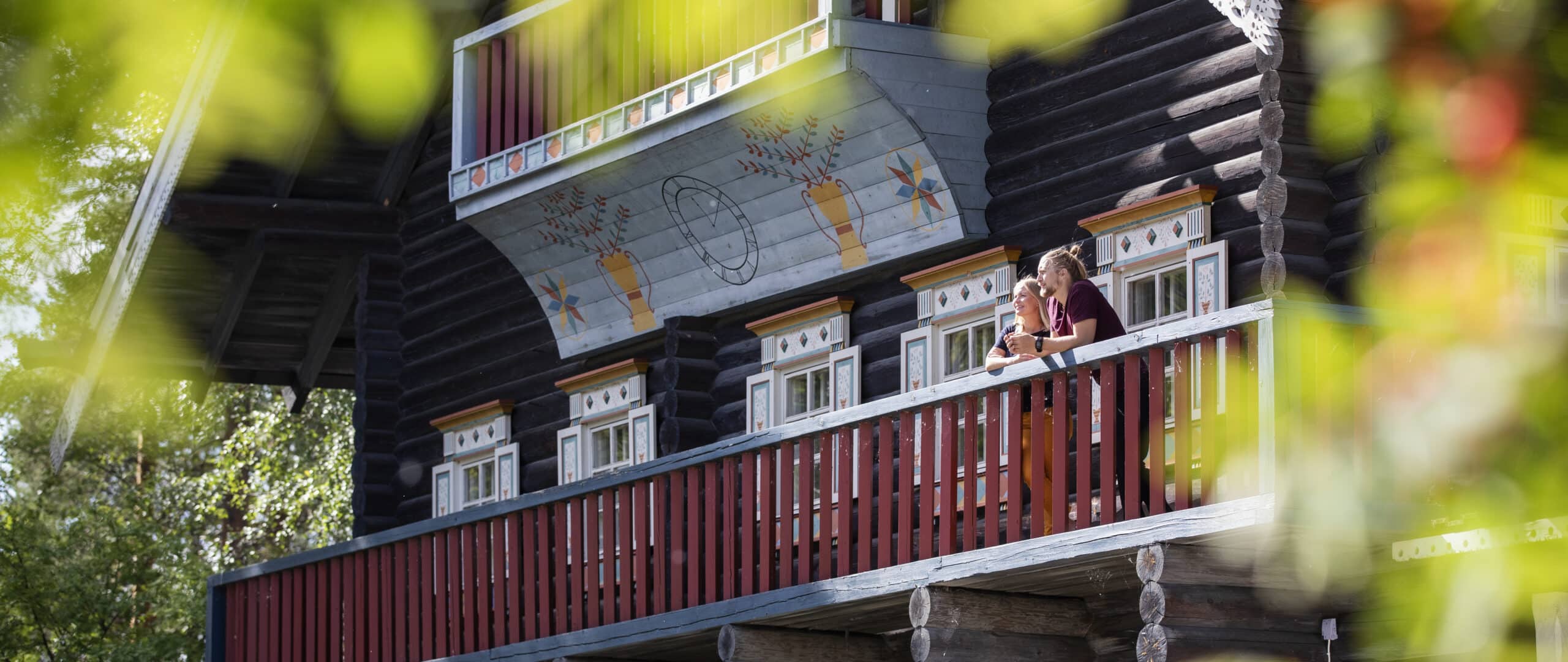
9. Bomba House and Karelian Village in Nurmes
Authentic Karelian culture can be experienced at the beautiful Bomba House and Karelian Village in Nurmes, North Karelia. In addition to the traditionally built Bomba House, where you will find an excellent restaurant with Karelian specialities on the menu, the area also includes a modern spa hotel, an Orthodox chapel, an open-air theatre and various accommodation options.
More about Bomba House and Karelian Village ↗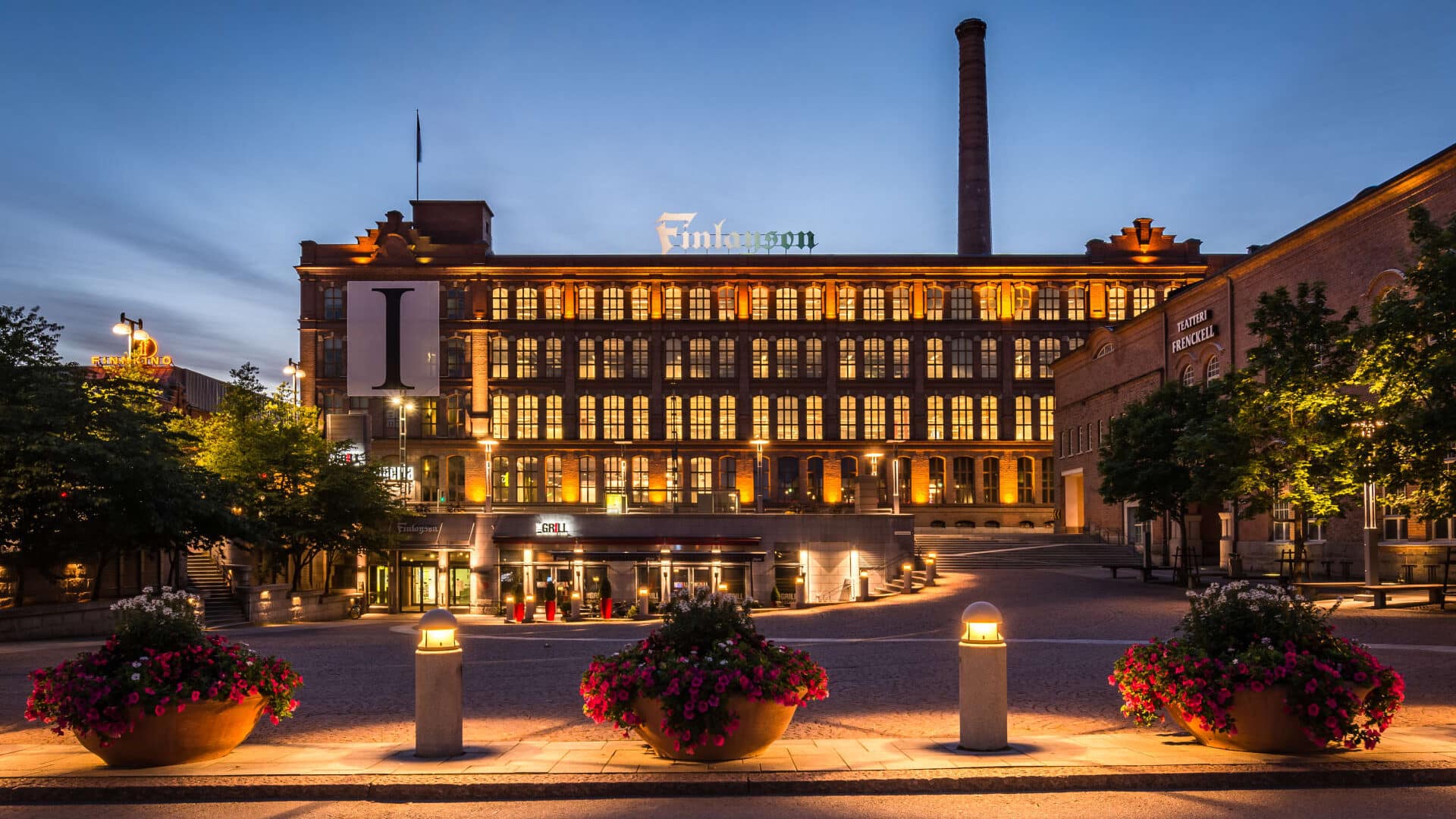
10. Finlayson Area in Tampere
Located on the Tammerkoski rapids in the centre of the city of Tampere, Finlayson cotton factory was founded in 1820. Today, the red-brick former factory buildings are an epicentre of creativity, entrepreneurship and enthusiasm. History meets the future, where not only thousands of people have their daily workplace, but also culture, art and gastronomy attract travellers from all over the world.
More about Finlayson Area ↗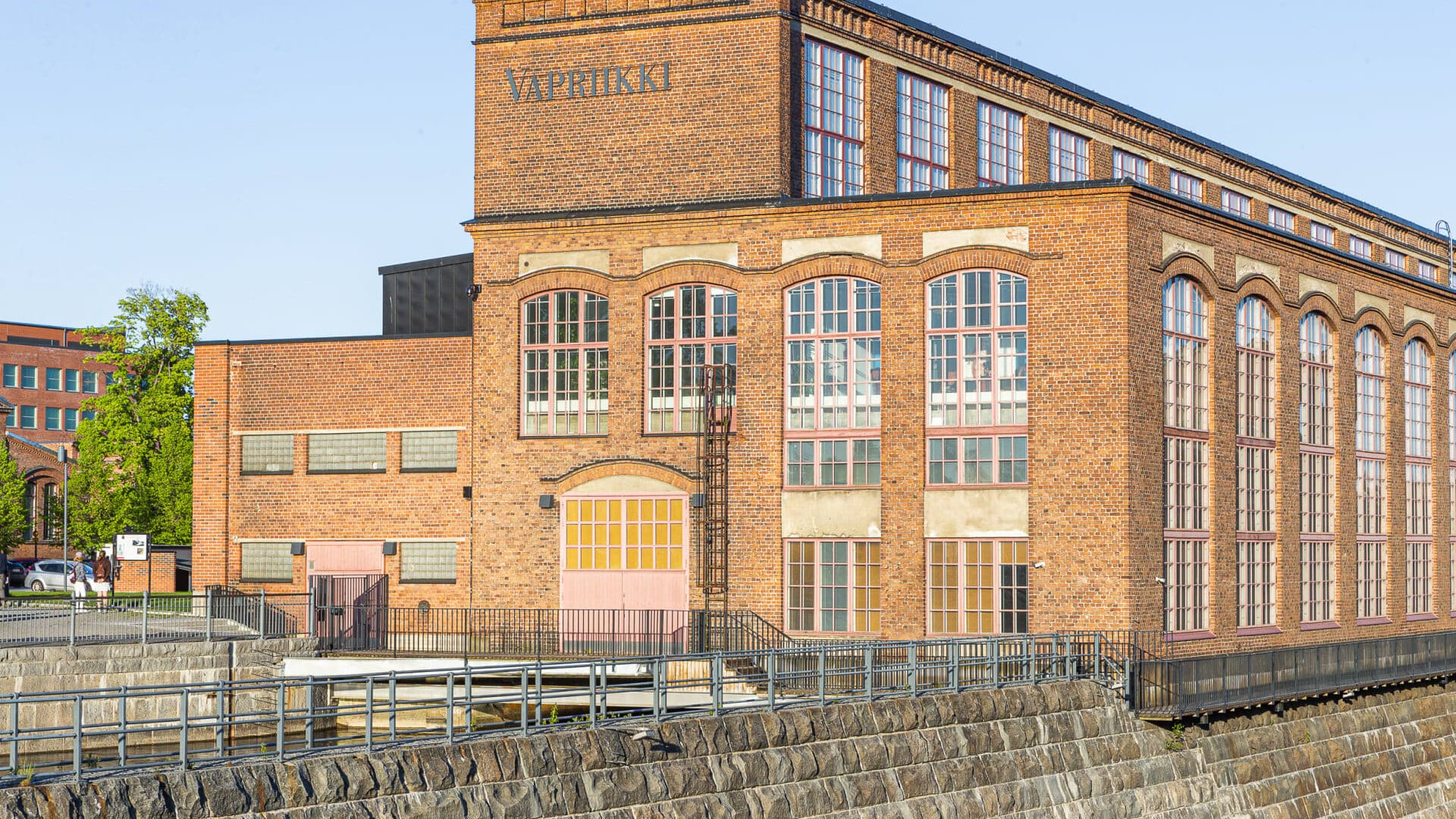
11. Museum Centre Vapriikki in Tampere
Opposite the Finlayson Area, on the other side of the rapids, Museum Centre Vapriikki awaits your visit. The complex includes the Natural History Museum of Tampere, the Media Museum Rupriikki, the Mineral Museum, the Finnish Hockey Hall of Fame, the Postal Museum and the Finnish Museum of Games. There are also changing exhibitions on various themes. So there is something for the whole family!
More about Vapriikki ↗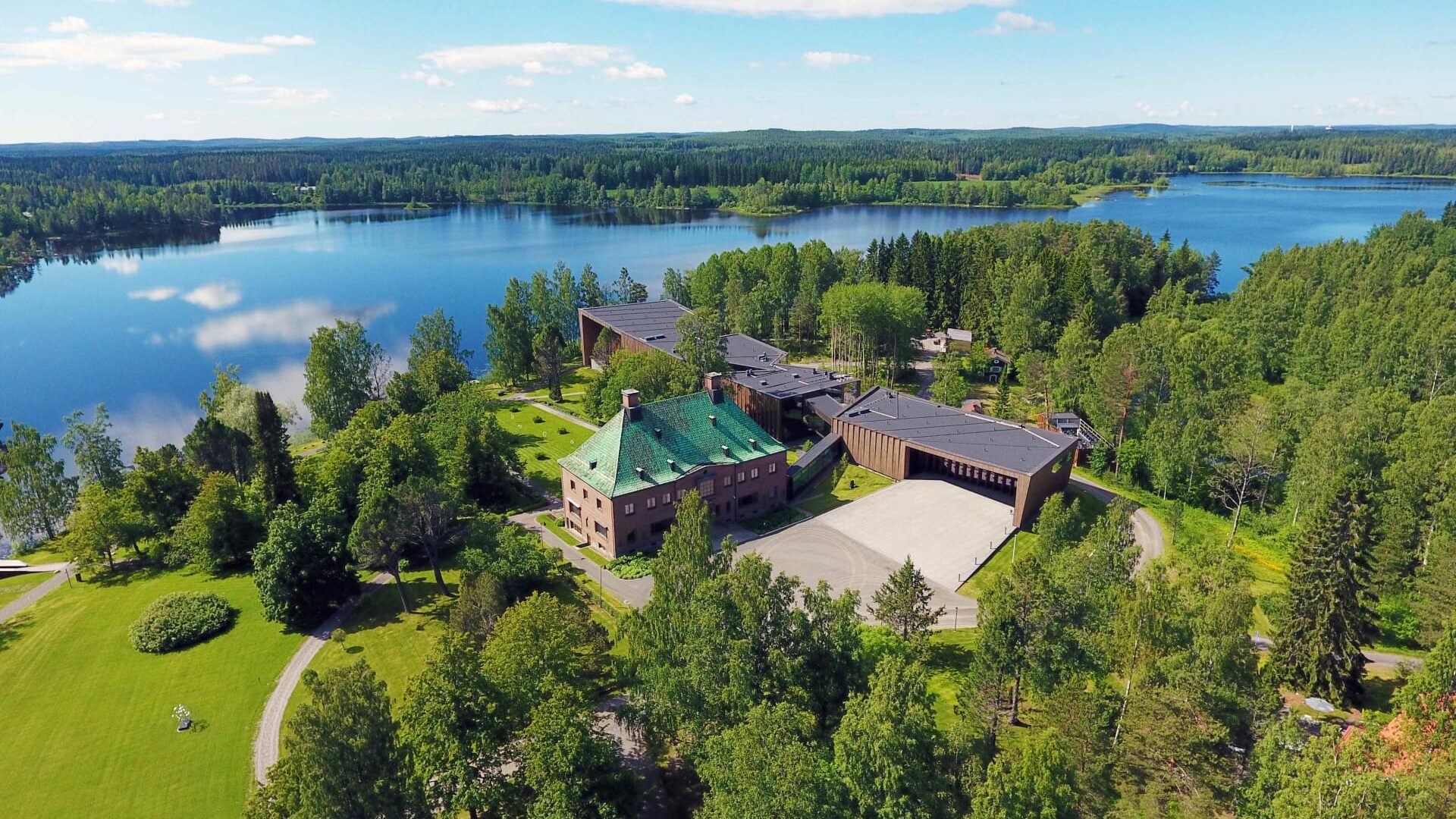
12. Serlachius Museums in Mänttä-Vilppula
Your bus transfer to the Serlachius Museums in Mänttä-Vilppula, the art city in Lakeland Finland, starts right outside Tampere Central Station. Surrounded by beautiful Finnish nature, you can admire national art treasures as well as changing exhibitions of contemporary art in a modern museum complex that could just as easily be located in a large European city. A sculpture park and an elegant art sauna by the lake are among the other attractions.
More about Serlachius Museums ↗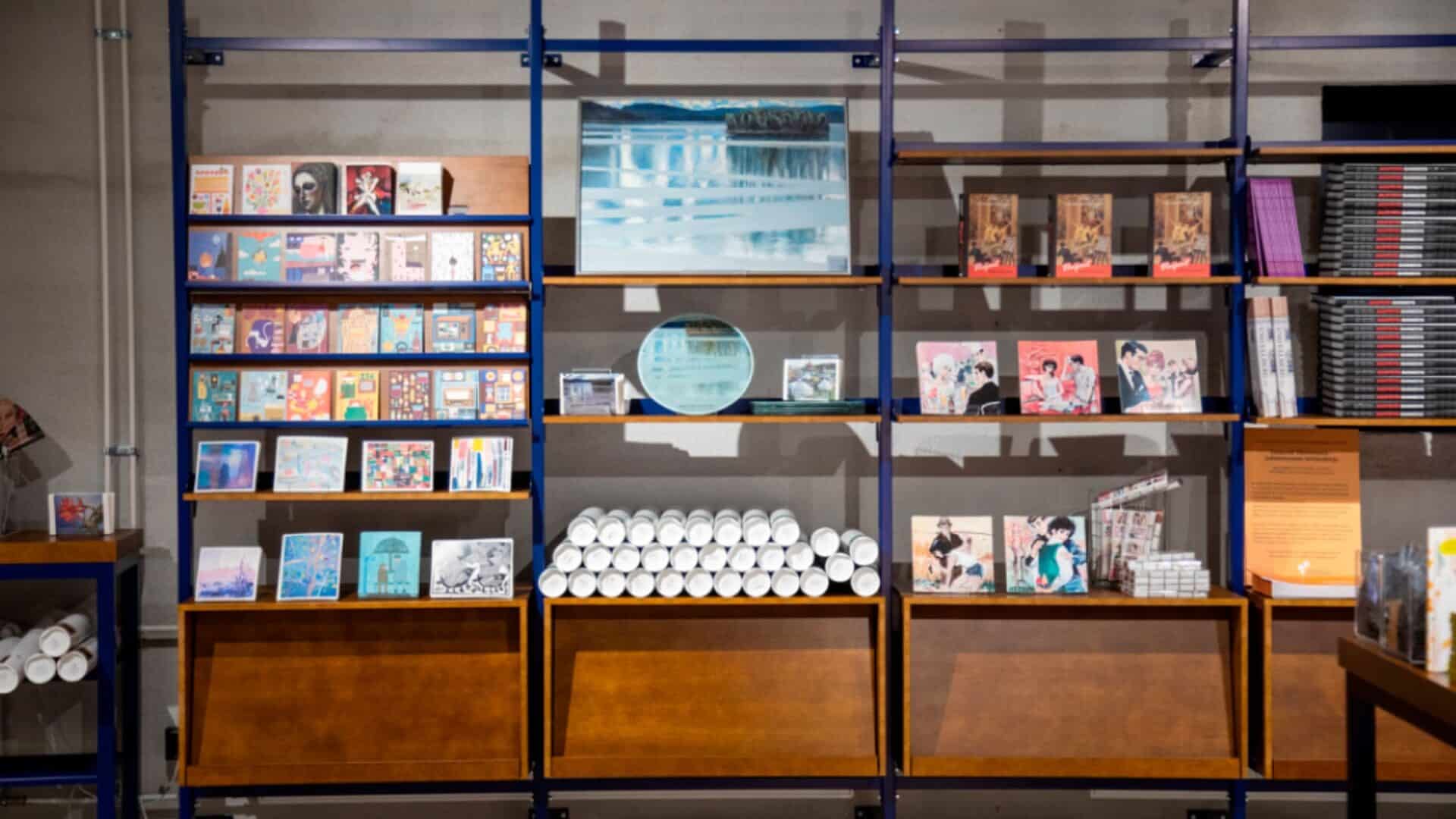
13. Lahti Museum of Visual Arts Malva
Opened in spring 2022, Malva, located in the centre of Lahti, is more than just a museum of arts. It is a new museum experience and another exciting highlight for all visitors to the city on Lake Vesijärvi. You will find Malva on the historic Malski site, a former brewery that now houses not only the museum but also a museum shop, the Ant Brew brewery pub, the Malski Bistro restaurant and the Kahiwa bakery/café/wine bar.
More about Malva ↗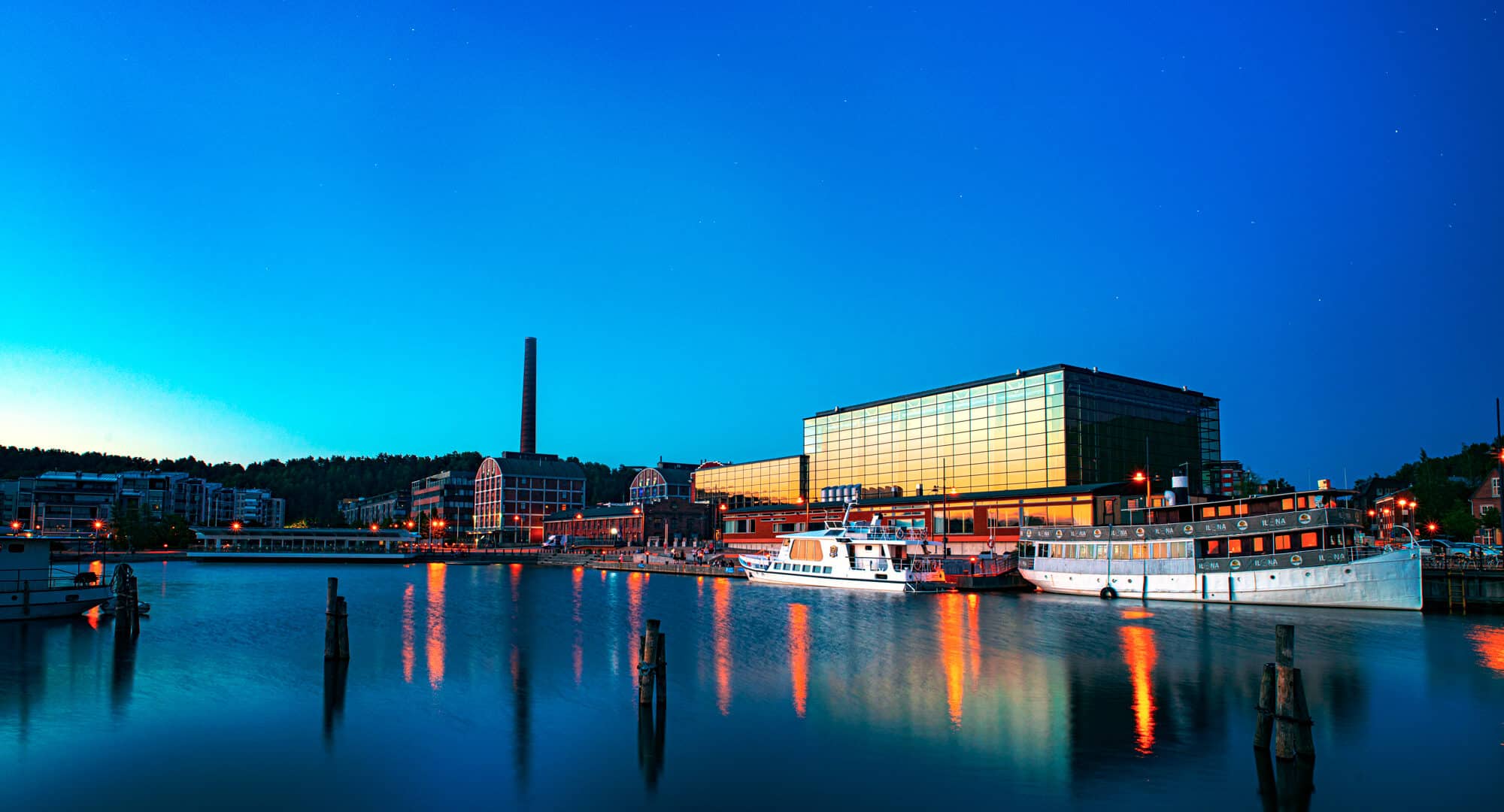
14. Sibelius Hall in Lahti
Situated right by the harbour in Lahti, the gateway to Lakeland Finland, Sibelius Hall is more than just a concert and congress hall that seats 1250 people. It is the largest building constructed of wood in Finland in the last hundred years. Named after Finland’s most famous composer Jean Sibelius, the hall, completed in 2000, is internationally renowned for its outstanding acoustics.
More about Sibelius Hall ↗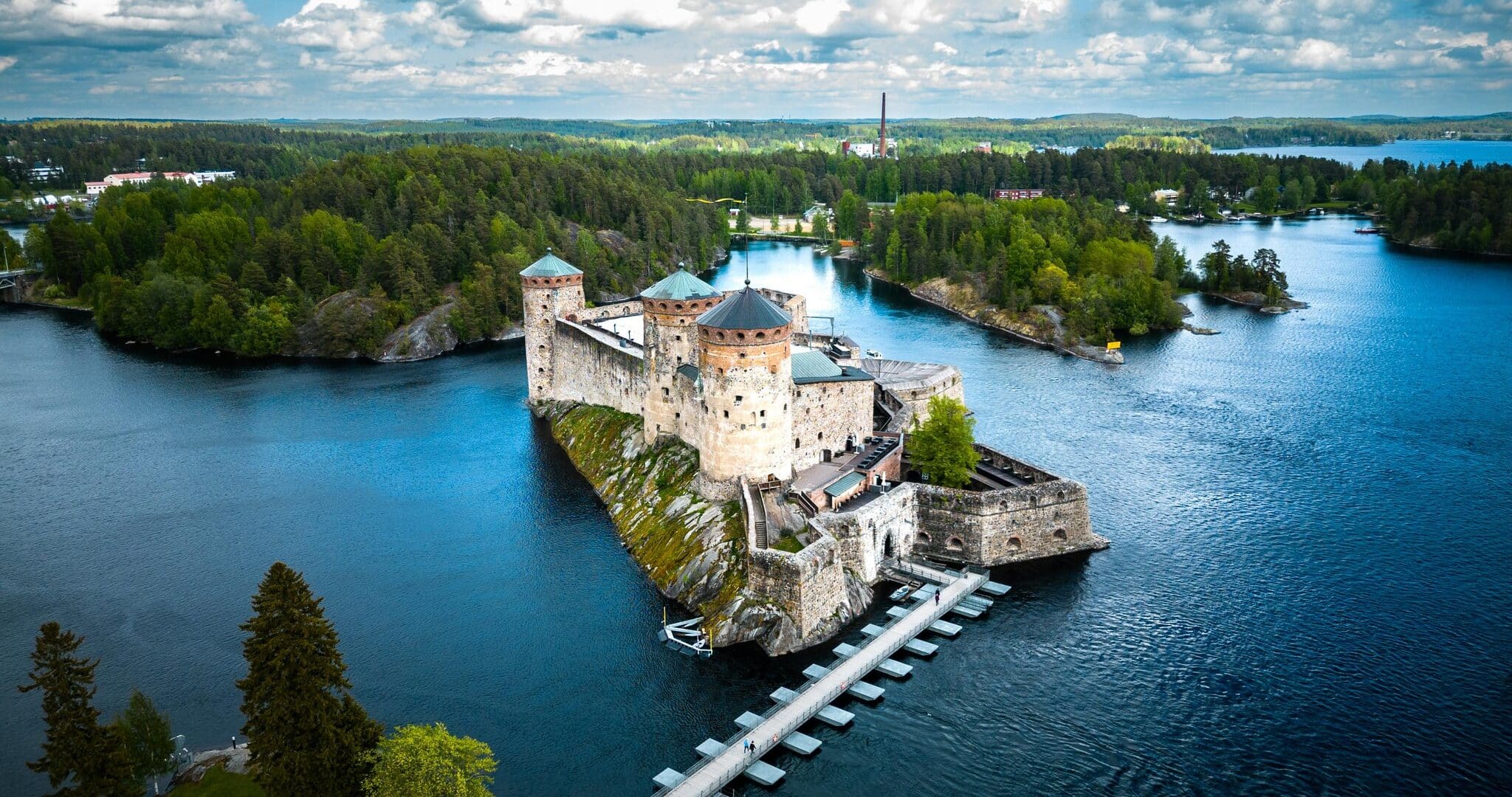
15. Olavinlinna Castle in Savonlinna
The historic Olavinlinna Castle in Savonlinna stands as one of Finland’s most impressive medieval fortresses and hosts the renowned Savonlinna Opera Festival each summer. The building of Olavinlinna, the castle of St. Olaf, began in 1475, when the Danish-born founder of the castle, knight Erik Axelsson Tott, decided that a powerful fortification should be built to protect the strategically important Savo region.
More about Olavinlinna Castle ↗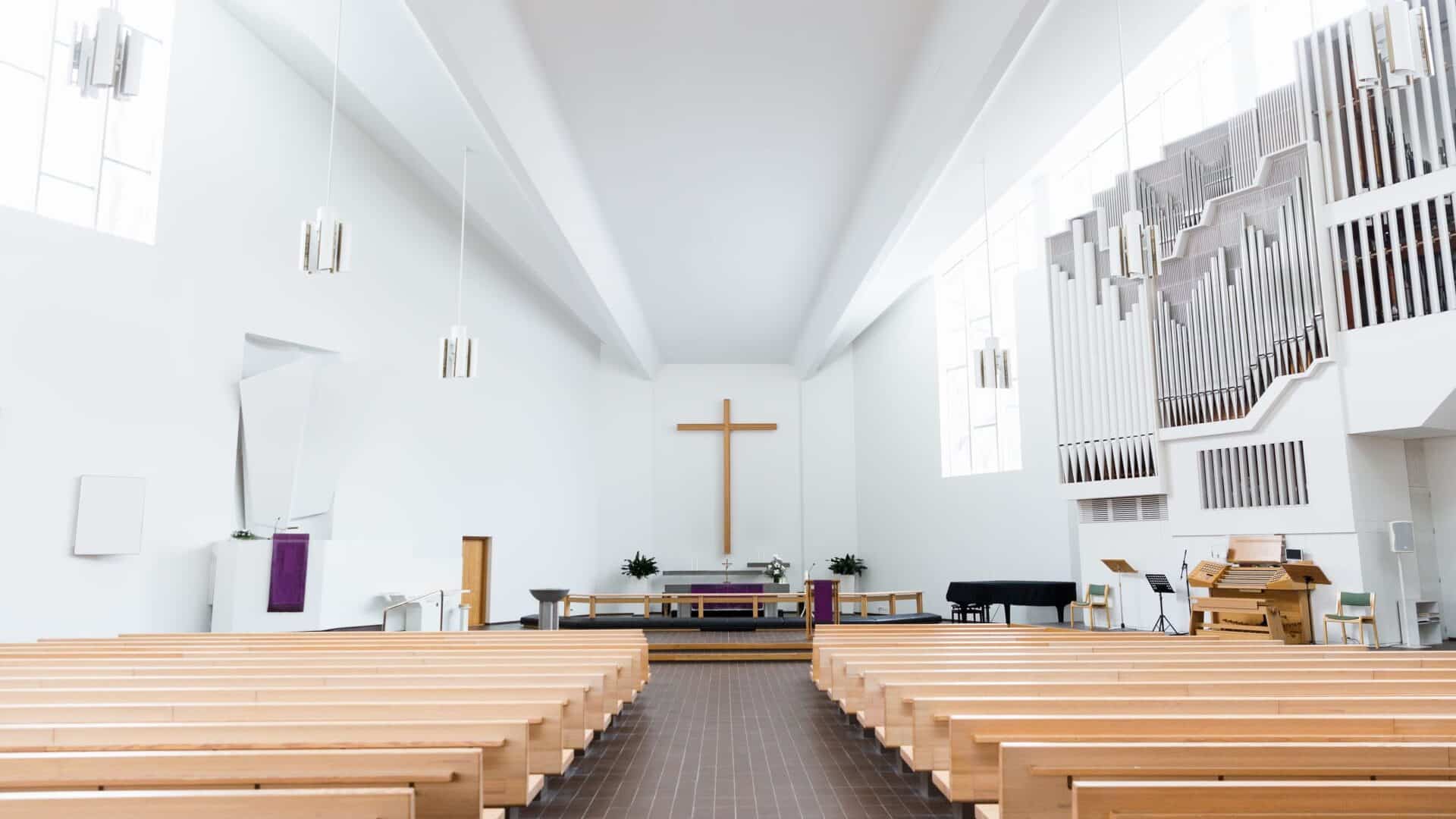
16. Ristinkirkko – Church of the Cross in Lahti
Lahti’s Church of the Cross was designed by Alvar Aalto and is now an integral part of the cityscape, as part of a central axis crossing the market square, with the city hall designed by Eliel Saarinen at the other end. Visible from afar, the bell tower of the Church of the Cross rises 40 metres in height with its impressive construction. The three bells inside come from the old wooden church of Lahti and are still in use.
More about Ristinkirkko ↗